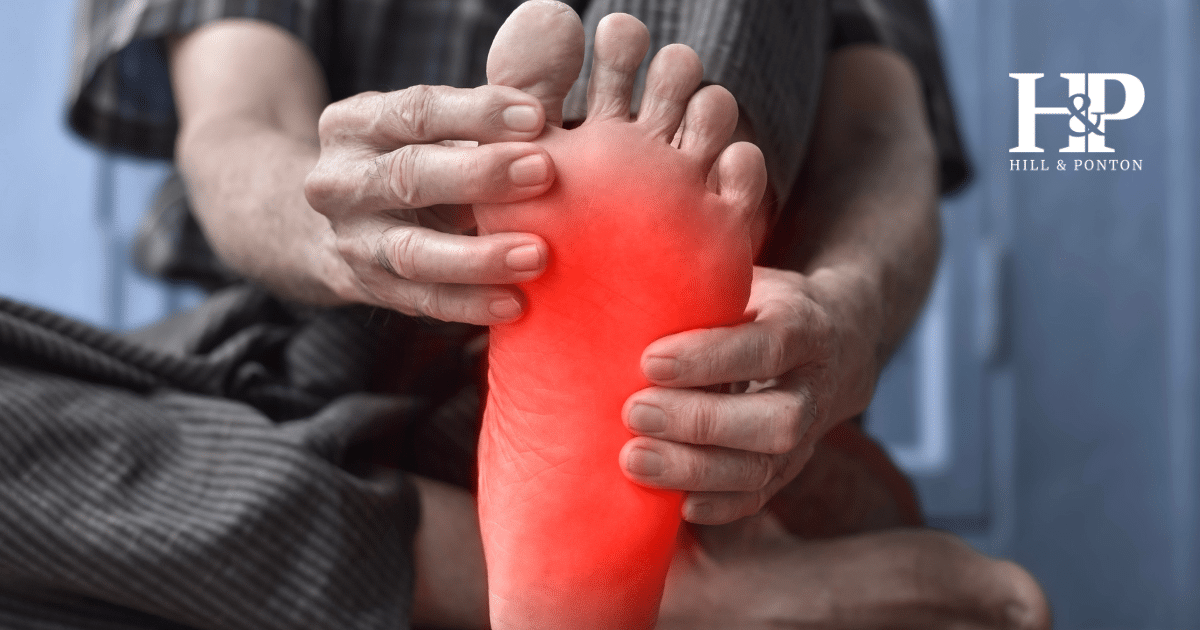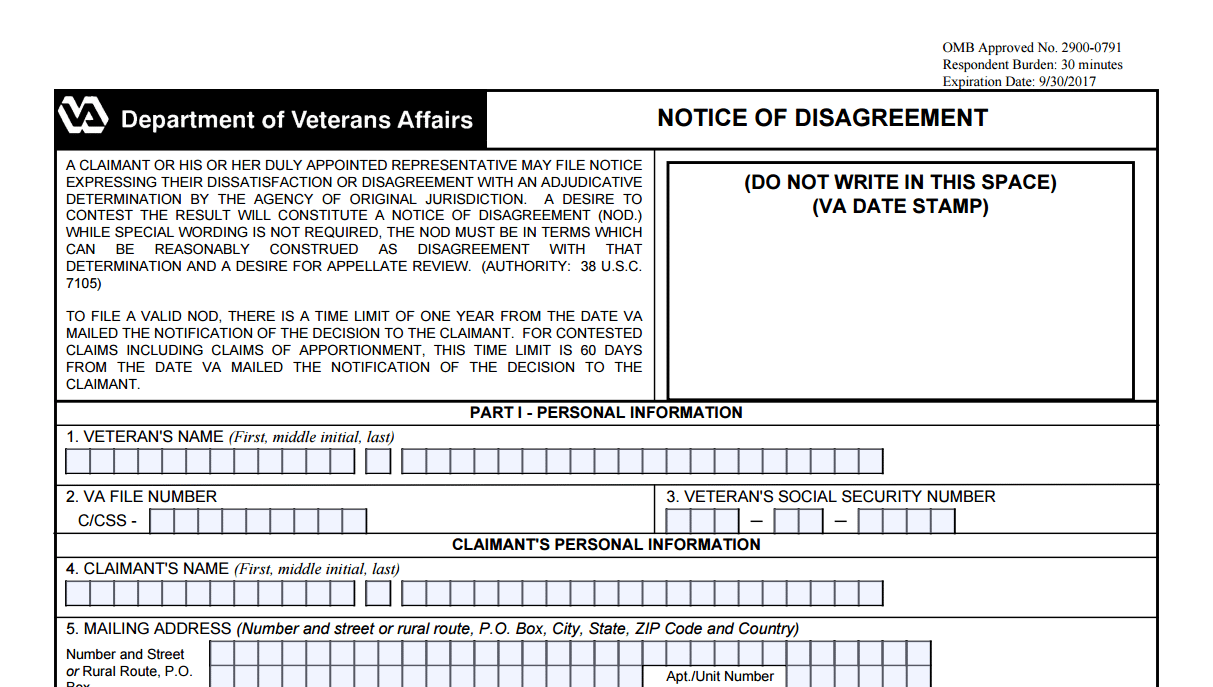You probably already know that veterans can receive disability compensation from the VA if they have a current disability which either began during military service or was caused by or aggravated by service. But did you know that a veteran is entitled to the same service-connected compensation for secondary disabilities? What I mean by this is that if the veteran has a service-connected condition which causes or aggravates another disability, the veteran is entitled to compensation for this new or worsened disability.
Consider, for instance, a veteran who has a service-connected ankle disability. You may or may not know that the maximum disability rating for an ankle is typically about 20% (barring a situation where the ankle is completely frozen at an odd angle). That ankle disability, however, can cause a veteran to walk with a limp. Years of walking with an altered gait, and favoring that ankle, could and often does cause problems in the veteran’s knees, his hips, and his back. If that happens, the veteran is entitled to secondary service connection for those knee, hip and back disabilities.
Common secondary disabilities to be aware of include retinopathy or neuropathy caused by diabetes, radiculopathy in the arms or legs caused by disabilities of the cervical or lumbar spine, or erectile dysfunction which could be caused by a number of conditions, including medications taken to treat service-connected disabilities. Another secondary disability that I see quite often is depression or anxiety caused by a veteran’s chronic medical problems and pain.
Aggravation is typically a more complicated issue to argue and prove to the VA, but the law provides that if a service-connected condition worsens a non-service-connected condition, the veteran is entitled to additional compensation and service connection for the aggravated condition. Let me provide an example to try and clarify this issue…suppose a veteran has a service connected disability which prevents him from taking a particular medication needed to control a non-service connected condition…the non-service connected condition is, of course going to be worsened by the veteran’s inability to take the proper medications. The veteran will, then, be entitled to compensation for that worsening or aggravation.
Be aware of the relationship between your service-connected and non-service-connected disabilities. If your service-connected condition is causing or complicating your non-service-connected conditions, you are entitled to additional compensation and should file a claim for secondary service-connection as soon as possible.




